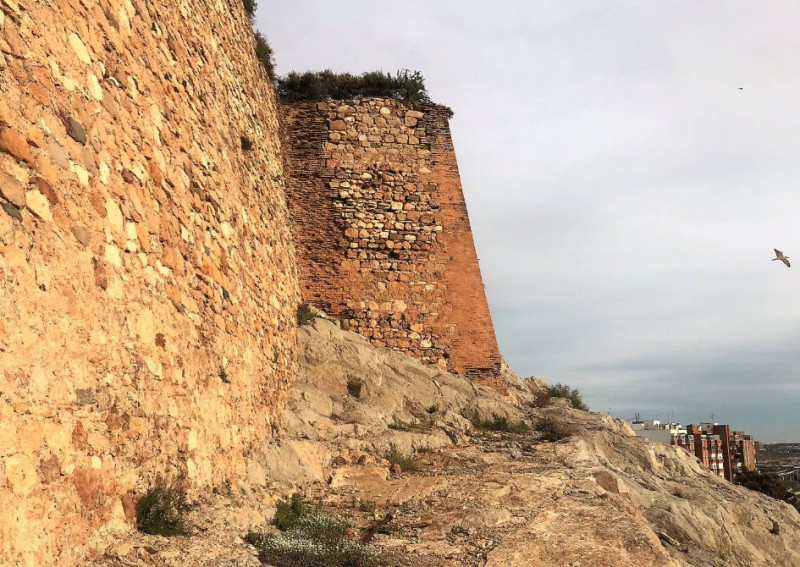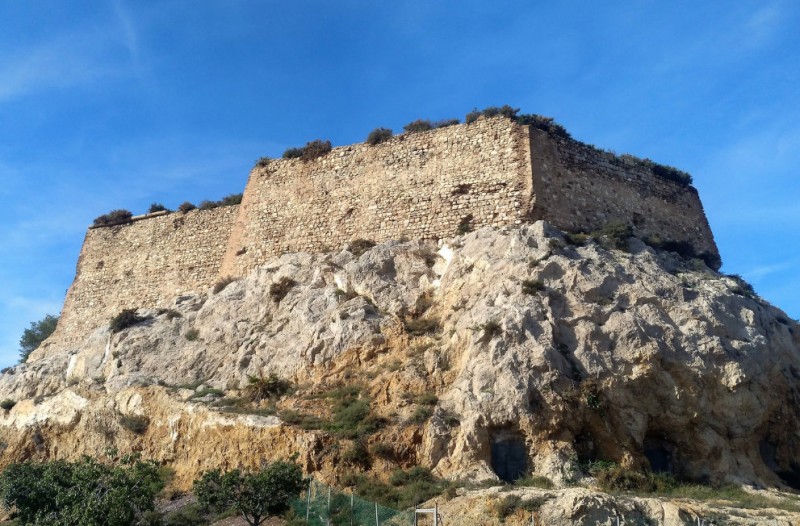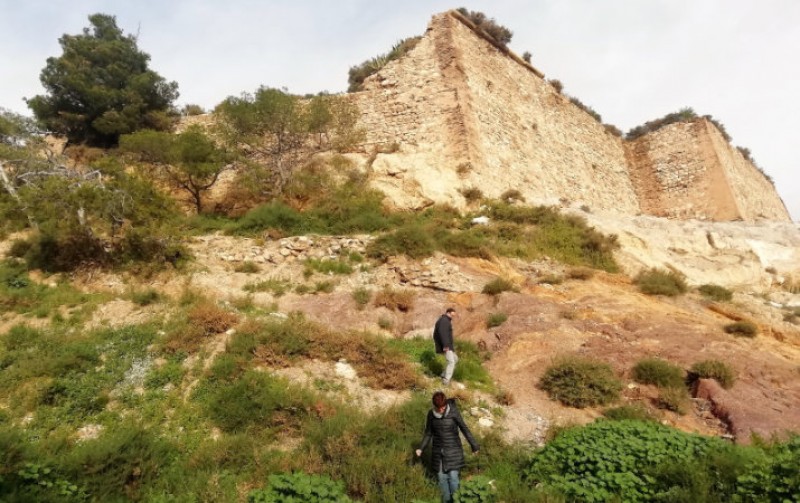
To be listed on the haciendadelalamo TODAY MAP please call +34 968 018 268.
The castle of Despeñaperros in Cartagena
A 19th century fortification on the easternmost of the five hills of Cartagena
The fortress of Despeñaperros, also known as the castle of San José, is a 19th century fortification which stands at a height of 55 metres above sea level on the easternmost of the five hills of Cartagena. These hills are believed to have served as a natural system of defences as long ago as the 7th century BC, when historians theorize that this was the location of the Tartessian city of Mastia.
It is also thought that the Romans erected a temple here to the god Vulcan, choosing the same location as the Carthaginians for their place of worship to Chousor, the god of fire, iron and blacksmiths.

However, the structure which now stands atop the hill was built in the early 19th century to protect the Puertas de San José and the Castillo de Los Moros during the Peninsular War (1808 to 1814), when Spain resisted conquest by Napoleon with the aid of the British. Its cannon could have been trained on the Castillo de los Moros in the event of the latter falling into enemy hands, and according to Colonel Idelfonso Sierra, writing in 1845, a secondary purpose could have been to serve as a safe garrison for an honourable retreat, due to its relatively isolated location and the difficulty in reaching it from the ground below.

By the 20th century, though, the fortress had become redundant for military purposes after a project to dismantle the walls of the city was begun, and it soon fell into disuse. It now stands in the grounds of the UPCT university campus, and in 2017 an agreement was reached between the Town Hall of Cartagena and the AFORCA association by which it was to be restored along with the hillside around it.
This need for restoration arose despite the castle of Despeñaperros having been declared an Item of Cultural Interest in 1997 its condition has steadily deteriorated.
For more local tourist information, events and news go to the Cartagena section of Murcia Today.



